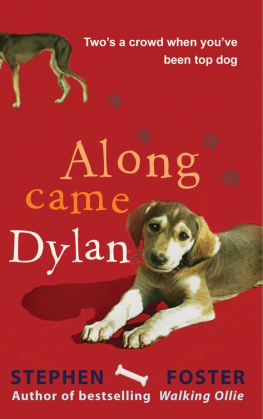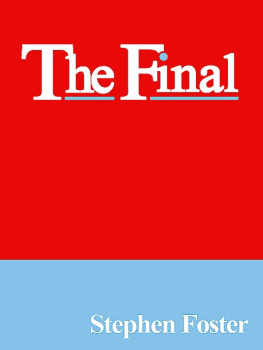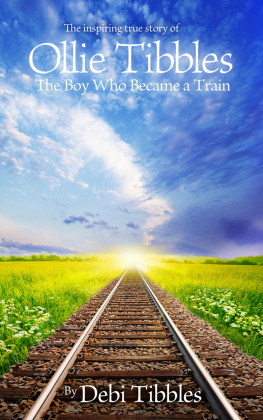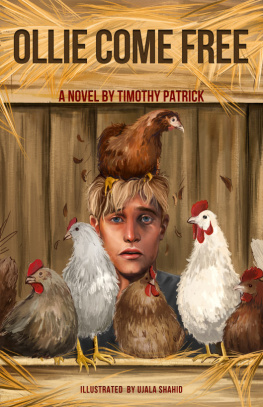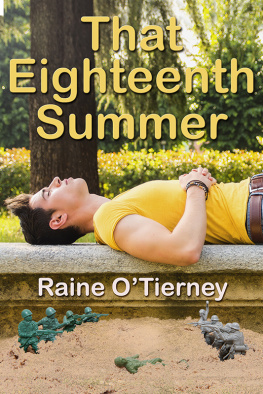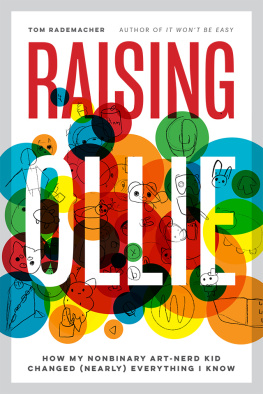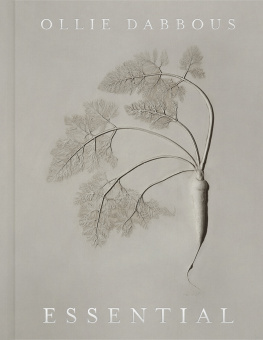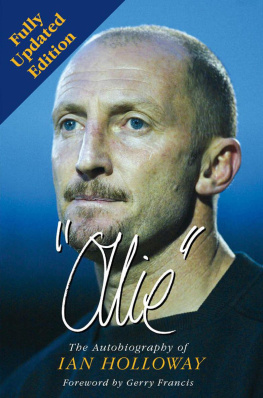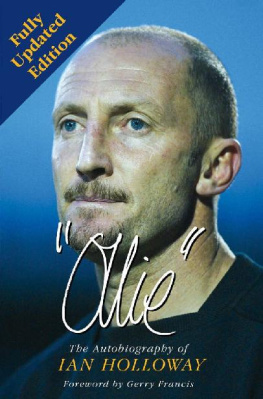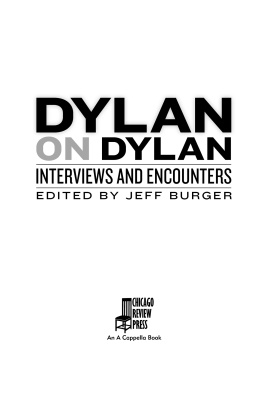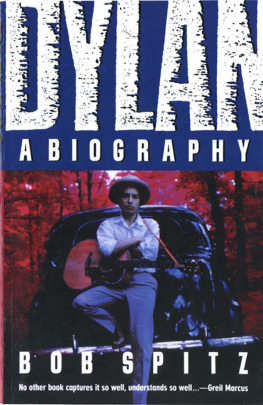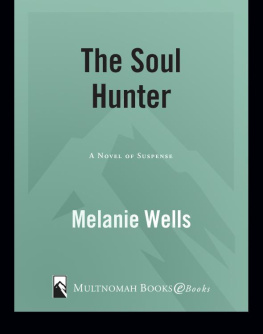D you know what, I think hes thrown a litter of smooths! says the breeder, Karen, as she rearranges half a dozen two-week-old pups, manoeuvering each of them into the optimum feeding position. Every time she moves one she looks closely at its minute ears to see if theres any sign of the feathering that distinguishes the ears of their mother, Tareefa. It seems there is not. Tareefa is behaving impeccably, lying on her side, quietly sanguine, while six mouths work away ferociously at her nipples. Ive never seen pups this young at their feed before. They are no bigger than gerbils, their eyes are closed, the only way they express personality is by being the hungriest. This is a keenly fought event, in which the competition is intense, and a winner is difficult to find, though the shy one is easy to spot.
By he Karen means the proud father, Farid. It was the sight of Farid with his beautiful grey coat and his unfeathered, smooth ears, and with his relaxed and thoughtful attitude to go with the good looks, that inspired me to pursue an idea. The idea was one Id been worrying at for a while. The idea was to get a second dog.
Id had it in my mind for some time, that since Ollie (the subject of Walking Ollie) had become more or less normal, then what he really needed to encourage and promote the normality was a companion. Because I could already see him backsliding. Where, pre-normality, he used to be vaguely psychotic, post-normality he was beginning to show signs of going the other way, of becoming moody and withdrawn. I was not principally looking for a new dog for us, I was looking for a perk-me-up friend and companion for him.
It is not as straightforward as all that, though.
When Trezza, my partner, and I discovered Ollie in a rescue centre five years ago, I knew nothing about dogs. While I am still no expert, I am more experienced than I was then. The long and short of WalkingOllie is that Ollie was a very awkward animal, one that I often wished could be sent back whence he came. However (the big however), I could never find it in me to load him into the car, turn the key, and drive him off in order to return him as if he were a faulty television. Dogs are not like that. Dogs get under your skin. After you have cared for one for a while (and you do have to care for them, they are not into looking after themselves) you find that, quite unconsciously, you have become absorbed into a cult: the Cult of the Dog Owner. In this way, it has to be conceded, you, too, have become slightly cultish which is surely another word for mad just like all the rest of them.
This is how, and why, you begin to think along these lines, the lines along which I had been thinking. Even without Ollies incipient personality change into the loner, it had been crossing my mind that since he no longer runs away when he catches sight of me, since he sometimes returns to the call of his name, since he is less fearful of plastic bags and flies than he used to be, then what must happen next is a matter of inevitability.
Each time the thought appeared, I pushed it away because it was a thought that would, in all probability, make life much more unnecessarily difficult than needs be. Keeping two dogs will not be any less trouble than keeping one, will it? And its unlikely that it will turn out to be just double the trouble, either. No, without pausing to recollect those incidents you have witnessed, or been part of, or have started incidents involving a pair of dogs simultaneously going missing in opposite directions without bothering to recall moments of that sort, its still easy enough to guess that two dogs will be trouble multiplied and squared.
But (the big but, bigger than the big however).
But: I looked at Ollie lying in his basket, bored and fed up, fed up and bored, filled with ennui and actually sighing. I looked at him day after day, and the more I looked at him, the more I convinced myself that the cause of his apathy was the lack of a playmate. He has me, he has Trezza, he has Jack, my teenage son, who sometimes comes round, and he has Jacks mates who also sometimes come round. He is not particularly interested in any of this group of individuals.
At least he sees the great outdoors twice a day, in fields and on beaches and round lakes. Here he has a number of friends (and enemies) to meet and greet (or not). Here he can normally be relied upon to be fairly lively. It is only all the many hours that he spends indoors, like a bored teenager who has nothing to do, that seem difficult for him. I can keep putting off the search for a companion for him for as long as this remains the case. The rational part of me is capable of thinking of it in these terms: Tough shit, Ollie, here you are in the warm and dry being loved and fed and everything, what a hardship.
Its when he starts to become surly, withdrawn and lethargic in the great outdoors that I really start to believe that something needs to be done.
***
I surfed the internet, looking at the rescue sites. I saw numerous deserving cases, some of which I considered at length, repeatedly revisiting the relevant web page, downloading the picture to my desktop, emailing it on to Trezzas computer downstairs, but in truth I was never going to acquire a companion for Ollie from these sources because here were animals who could turn out to be even more trouble than he was. And this matter crossed my mind too: Ollie might not appreciate a rival in the special needs stakes. What I was looking for was a pup, someone that Ollie could train into his ways. I did the mental checklist. Which breeds does Ollie most like; who does he play with? There is no definitive answer to this. He is selective; he has one Doberman he loves, a couple of terriers that he is always delighted to see, a pair of 57 varieties that he rates highly, and a continental sparring partner, an Italian Spinone (an engaging animal, but one that is the embodiment of the Who album title Meaty BeatyBig and Bouncy). So: not an Italian Spinone, at any event.
Ollie is a lurcher, a crossbreed, half Saluki, half greyhound. Such greyhounds as we regularly encounter are, in the main, quiet, retired animals who do very little. Ollie will occasionally have a run with one of these, but only occasionally, because nine times out of ten the greyhounds cant be bothered. Its probable, in fact, that its his greyhound side that is responsible for the incipient lethargy. I looked around my neighbourhood. In a (single sample) proof of this theory I noted that the one greyhound we saw every day was an idler who slouched along behind his Master, a curmudgeon who walks with a stoop and who is never without a roll up that he spends most of his life relighting. To the best of my knowledge we had never, on any of our walks, met the other side of Ollie, a pure Saluki. Salukis are of Bedouin origin, they are somewhat greyhound-like to look at, but they differ considerably in temperament: people tell me that Bedouin tribesmen have two words for canines, one is dog, the other is Saluki. So far as Bedouin tribesmen are concerned, the Saluki is in some way distinct from the rest of its kind.
One way in which Salukis are distinct is that they are high maintenance, in the way that supermodels are high maintenance: the price to be paid for their aesthetic beauty comes in ludicrous demands and self-centredness. But though everything must be five-star in their world, they are not remotely fastidious: like Kate Moss, they will, as we shall discover, put more or less anything into their bodies, and like Naomi Campbell, they are martyrs to their unpredictable temperaments.
Though we have met no pure-bred Salukis, Ollie has frequently bumped into his fellow travellers from the world of Saluki-crosses. These almost always originate from a rescue centre, like Ollie himself. Without this source of supply, and short of breeding your own, I dont know where youd find one. Gypsies and travellers use and abuse them for poaching: that is how so many of them end up in rescue. It was this poacher-abandoned category that was responsible for throwing up so many of the deserving cases that I had been looking at online. Ollies view of his fellow Saluki-crosses is that he likes them more than most. They have a way of playing that is all their own, one that begins with bouncing on the hind legs combined with a zigzag scissor-action and much standing-off and shadow-boxing before anything actually happens. Its a kind of canine tai chi on fast forward.

